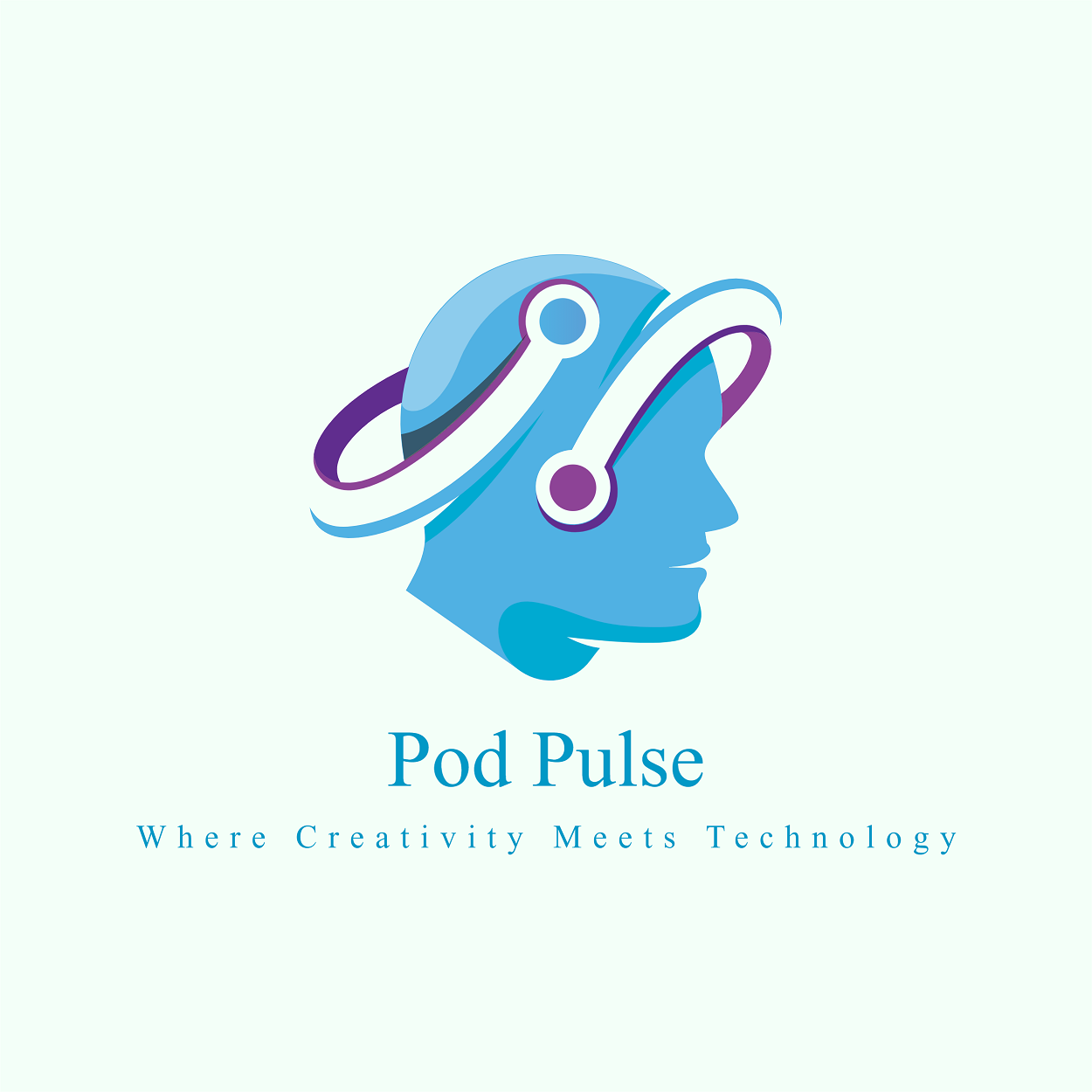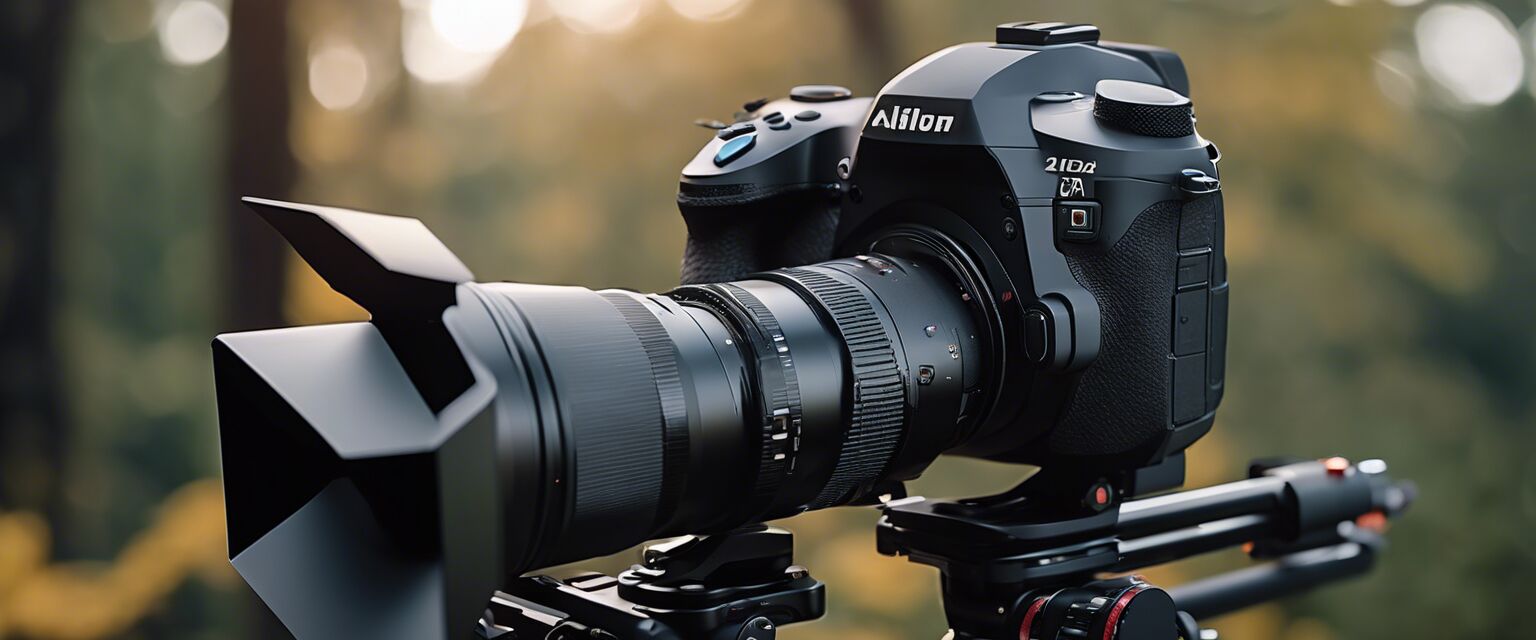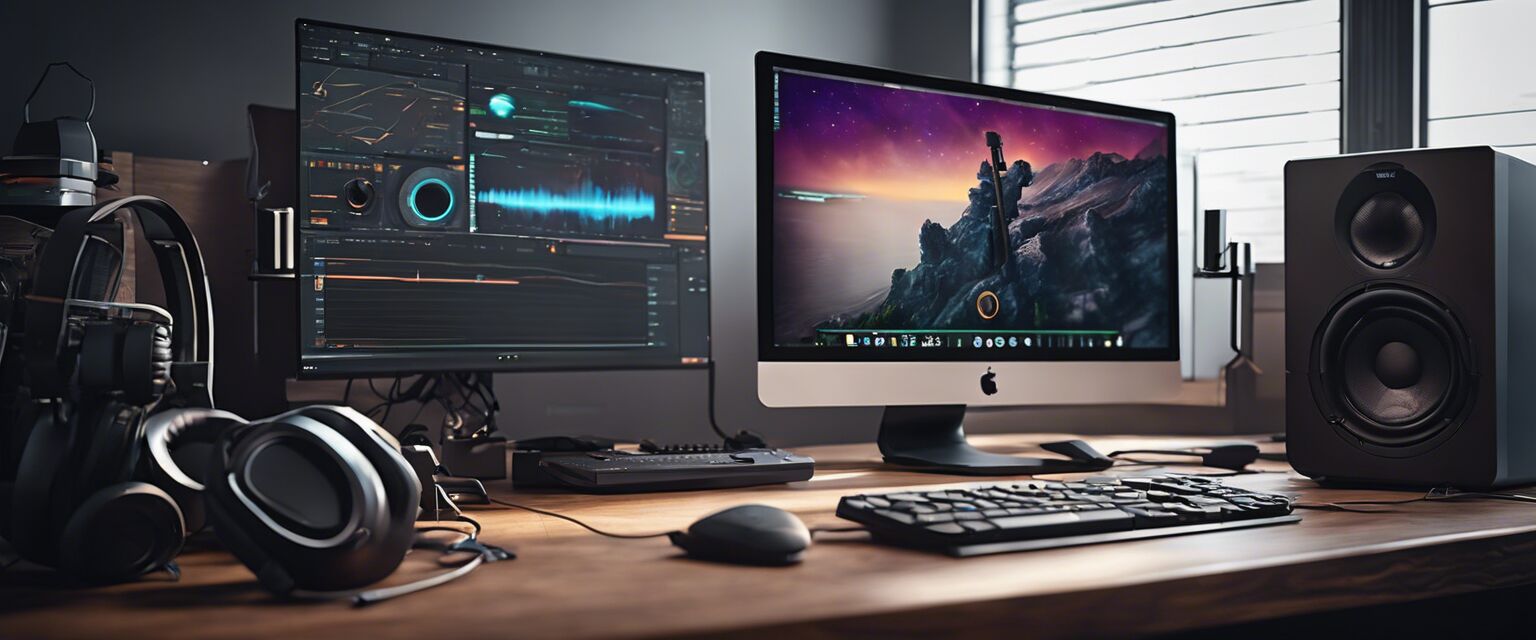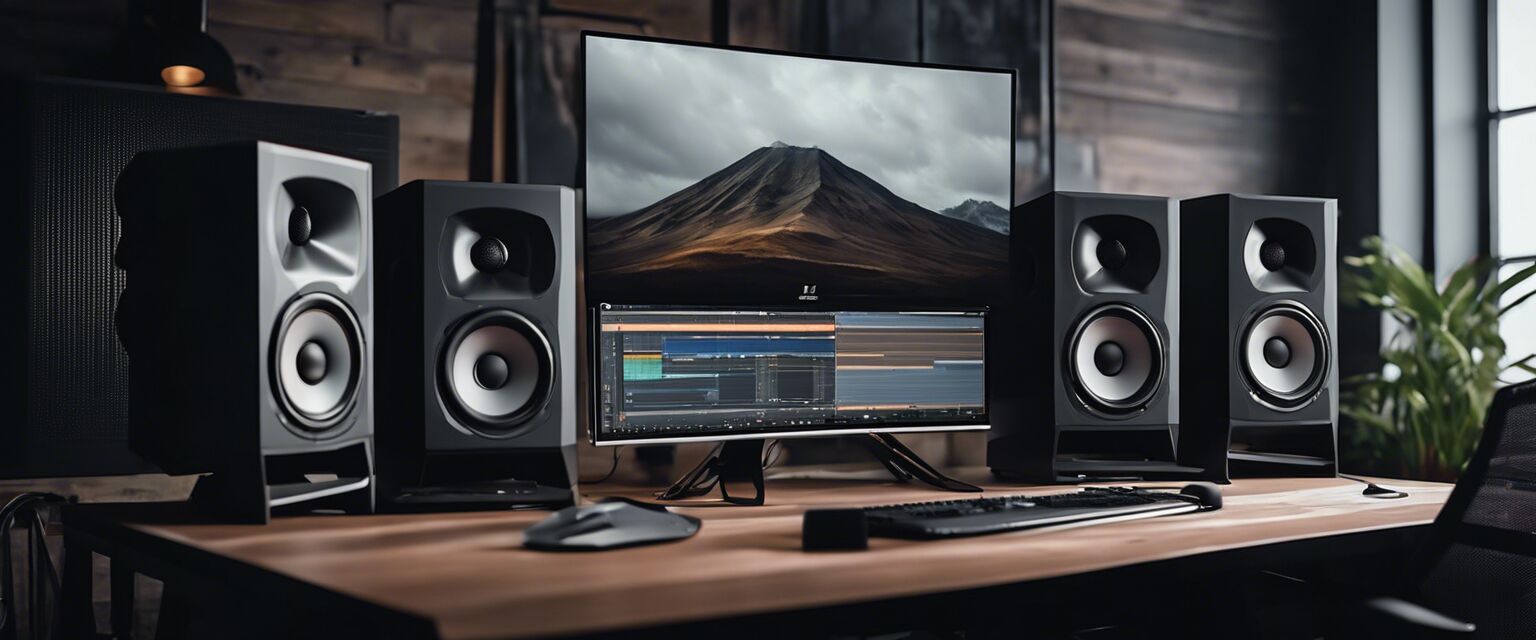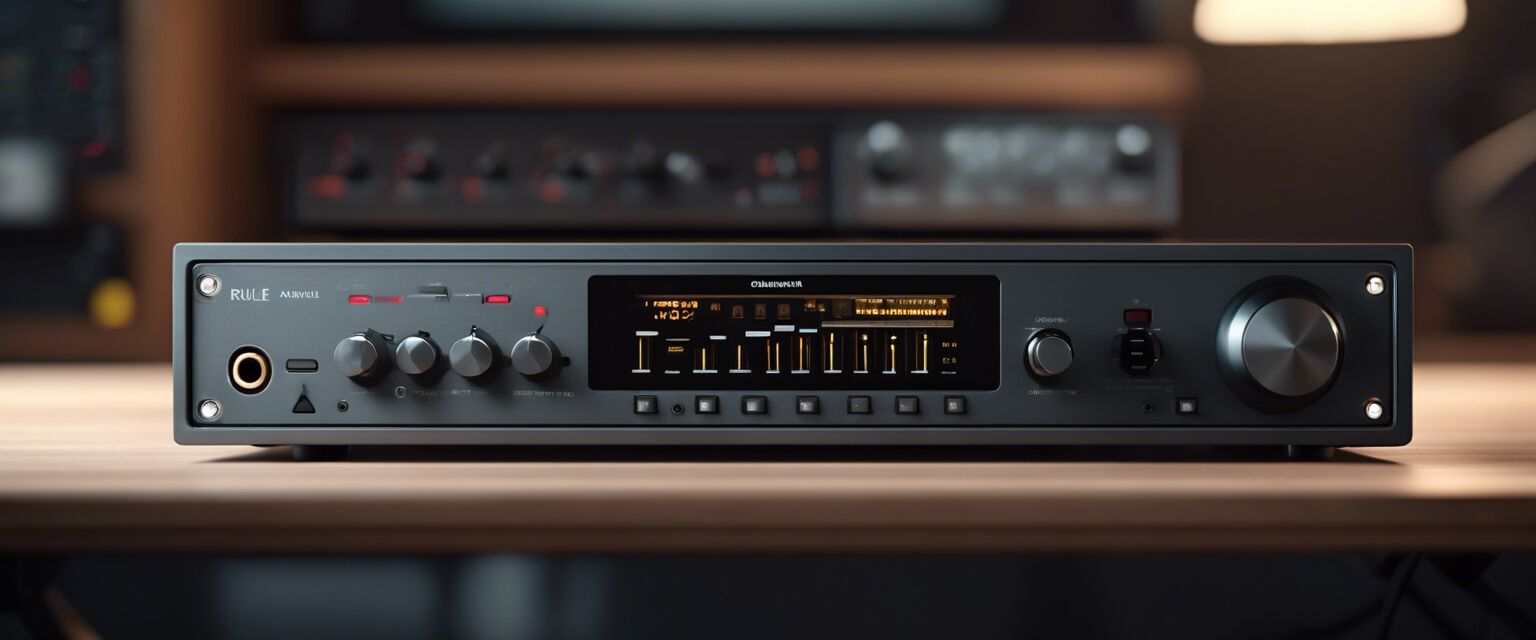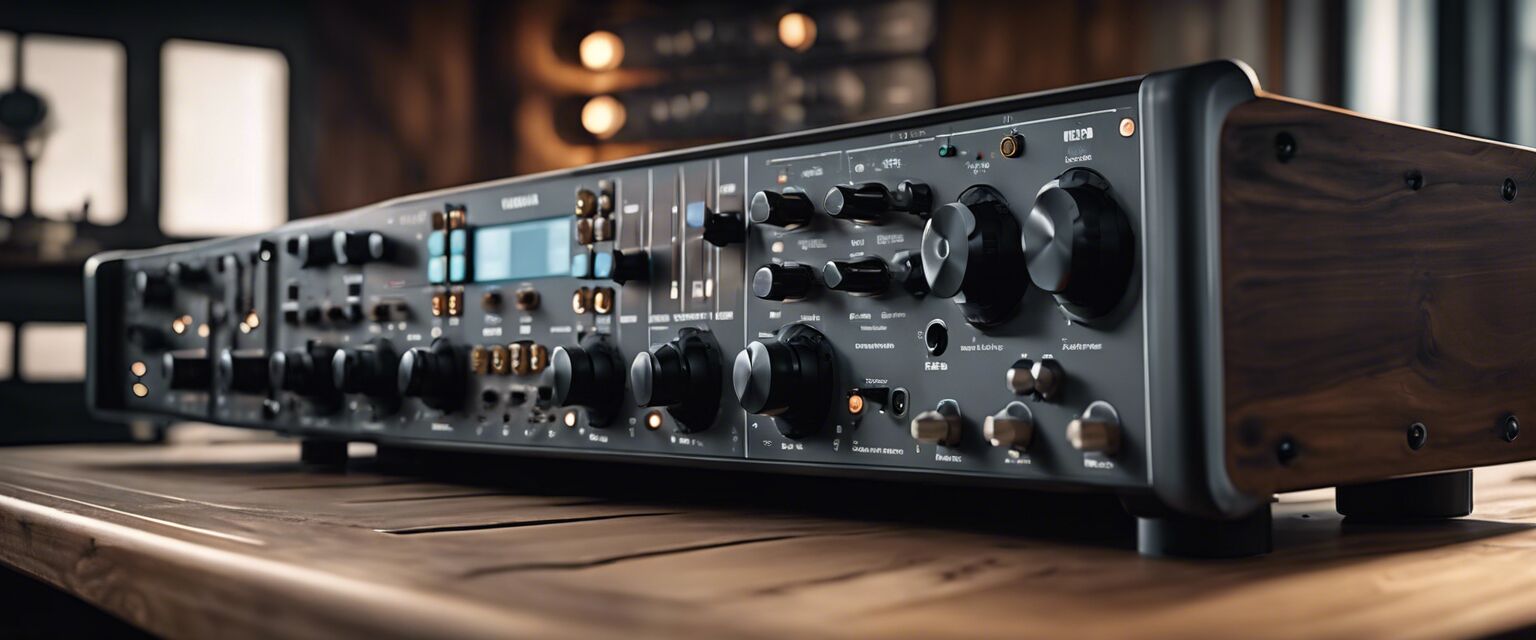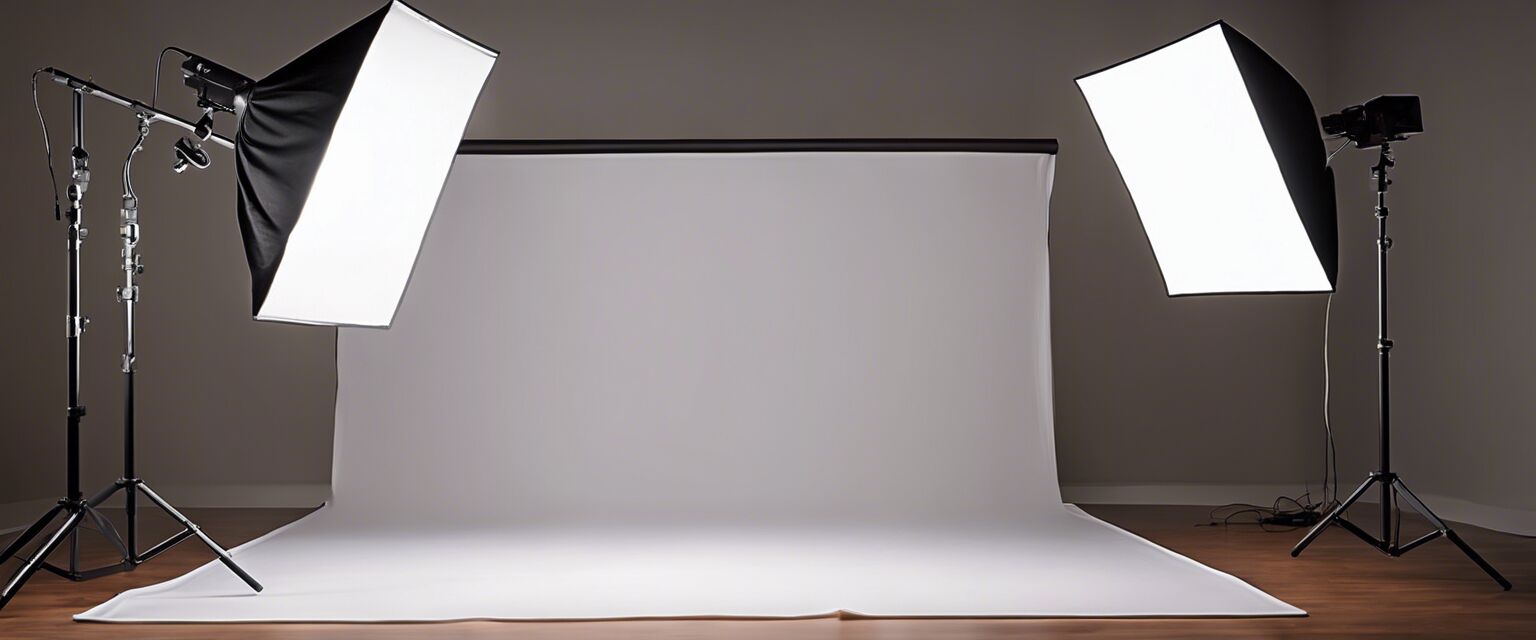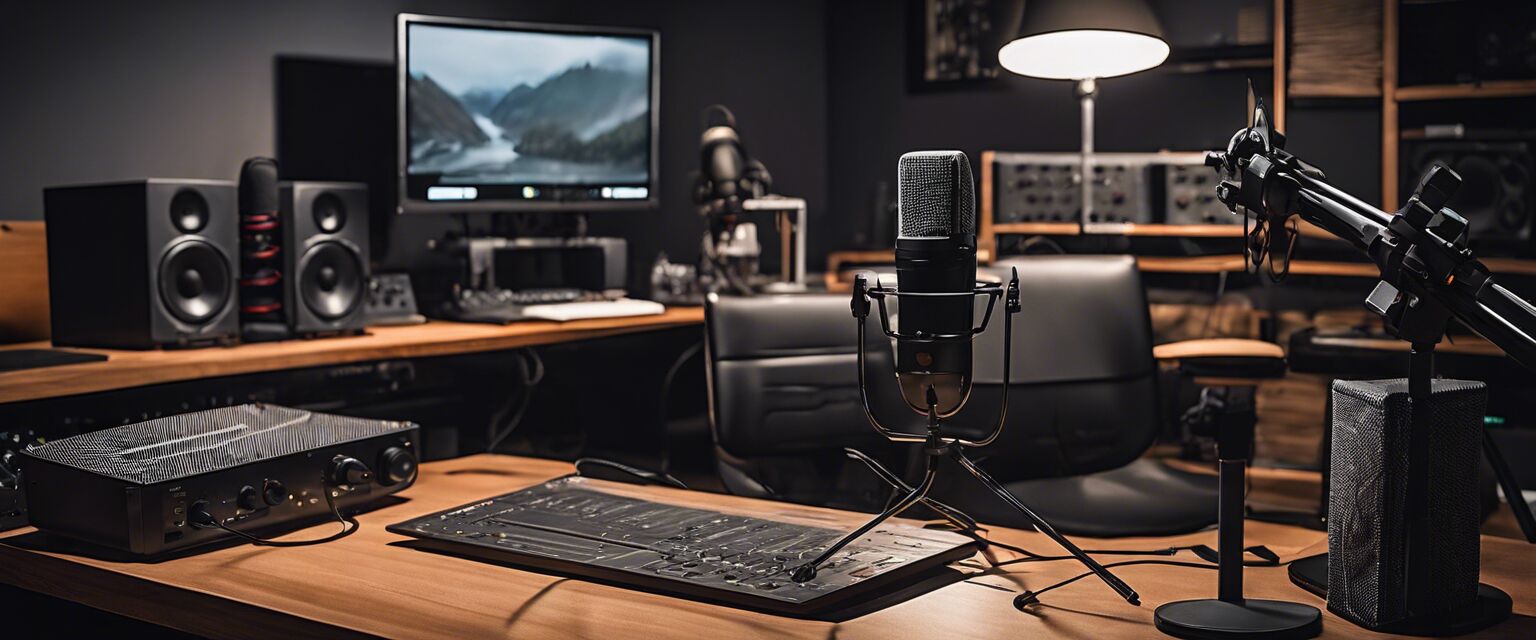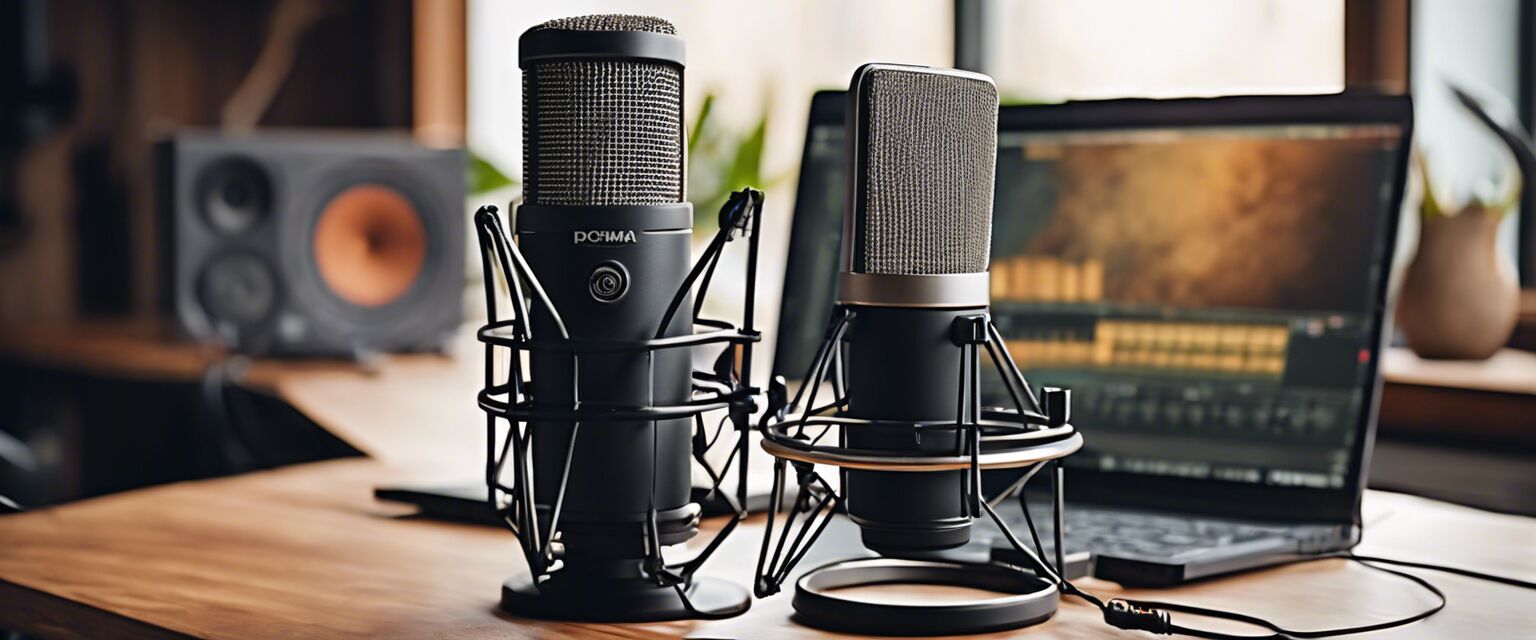
Microphones for Podcasters
Key Takeaways
- Choosing the right microphone is crucial for achieving high audio quality in podcasts.
- Different microphone types serve various recording needs, including dynamic, condenser, and lavalier microphones.
- Features like USB connectivity and built-in pop filters can enhance recording quality.
- Understanding your recording environment is essential to select the best microphone for your needs.
When it comes to podcasting, the microphone you choose can make a significant difference in the quality of your audio. This article offers comprehensive reviews and guides on the best microphones tailored specifically for podcasters. Understanding the different types of microphones and their features will help you make an informed decision to elevate your podcasting experience.
Types of Microphones
There are several types of microphones available, each designed for different recording situations. Below is a comparison of the most common types:
| Microphone Type | Description | Best For |
|---|---|---|
| Dynamic Microphones | Durable and versatile, capturing sound without needing external power. | Live environments and loud sound sources. |
| Condenser Microphones | Highly sensitive, requiring phantom power for optimal performance. | Studio recording for vocals and acoustic instruments. |
| Lavalier Microphones | Small, clip-on mics that are unobtrusive and great for interviews. | Interviews and on-the-go recording. |
Dynamic Microphones
Dynamic microphones are ideal for podcasters who record in environments with varying sound levels. They are known for their durability and ability to handle high sound pressure levels. Here are some advantages and disadvantages:
Pros
- Durable and less sensitive to background noise.
- Great for live performances.
- Affordable options available.
Cons
- Less sensitive than condenser microphones.
- May require close proximity to the sound source.
Condenser Microphones
Condenser microphones are favored for their sensitivity and clarity, making them perfect for studio environments. Hereâs what to consider:
Pros
- Excellent sound quality for vocals.
- High sensitivity capturing subtle sounds.
- Ideal for studio settings.
Cons
- More expensive than dynamic microphones.
- Requires phantom power to operate.
Lavalier Microphones
For podcasters who conduct interviews or need hands-free recording, lavalier microphones are a perfect choice. Hereâs a look at their advantages and disadvantages:
Pros
- Compact and easy to use.
- Perfect for on-the-go interviews.
- Discreet and unobtrusive.
Cons
- Can pick up unwanted noise if not positioned correctly.
- Limited range compared to handheld mics.
Choosing the Right Microphone
When selecting a microphone for podcasting, consider the following factors:
- Recording Environment: Assess whether you will be recording in a quiet studio or a noisy environment.
- Type of Content: Consider whether your podcast features solo recordings, interviews, or live performances.
- Budget: Determine how much you are willing to spend on a quality microphone.
- Connectivity: Decide between USB and XLR microphones based on your recording setup.
Popular Microphone Brands for Podcasters
Several brands are known for their quality microphones catering to podcasters. Hereâs a brief overview:
| Brand | Notable Microphones |
|---|---|
| Shure | SM7B, MV7 |
| Audio-Technica | AT2020, ATR2100x-USB |
| Rode | NT1-A, PodMic |
Setting Up Your Microphone
Proper setup is crucial for achieving the best sound quality. Here are some tips:
Tips for beginners
- Position the microphone at mouth level for optimal sound capture.
- Use a pop filter to reduce plosive sounds.
- Test different distances to find the best sound.
- Ensure your recording environment is quiet and free from echo.
Additional Accessories for Microphones
Enhancing your microphone setup can lead to better audio quality. Here are a few accessories to consider:
- Pop Filters: Reduces plosive sounds and improves clarity.
- Shock Mounts: Isolates the microphone from vibrations and handling noise.
- Microphone Stands: Provides stability and positioning options.
- Audio Interfaces: Converts analog signals to digital for higher quality recordings.
Conclusion
Choosing the right microphone is vital for any podcaster looking to improve their audio quality. By considering the type of microphone, your recording environment, and available accessories, you can create a professional sound that resonates with your audience. For more information on enhancing your podcasting setup, explore our microphones and audio interfaces section.
